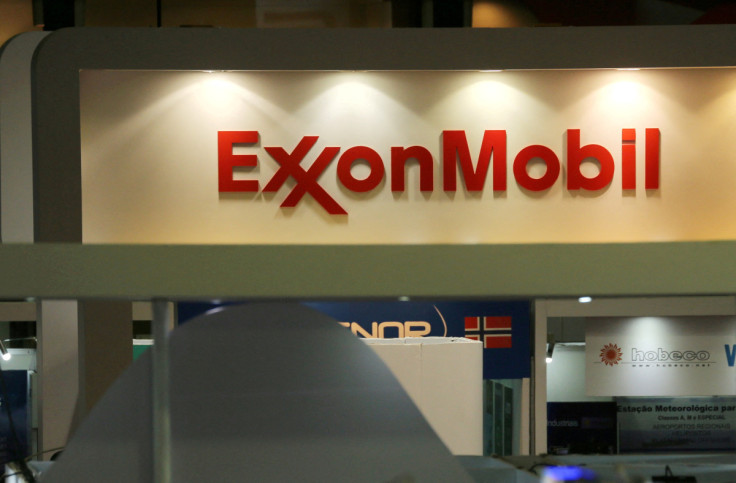ExxonMobil's Arkansas Facilities Set To Start Battery-Grade Lithium Production In 3 Years

ExxonMobil has successfully drilled its first lithium well from its Arkansas facilities and targets initial production for 2027, according to a statement released Monday.
By 2030, the company aims to produce enough lithium under their 'Mobil Lithium' brand to supply manufacturing needs for 1 million electric vehicles (EVs) per year.
The company is actually set to begin lithium production as early as 2026, as a source with "direct knowledge of the oil major's plans" told Reuters on Saturday.
"Lithium is essential to the energy transition, and ExxonMobil has a leading role to play in paving the way for electrification," Dan Ammann, president of ExxonMobil Low Carbon Solutions, said in the company statement.
In early 2023, Exxon acquired rights to 120,000 gross acres of land in southwestern Arkansas with extensive lithium deposits trapped in underground brines.
Reuters reported that by 2026, Exxon's operations will be capable of producing 10,000 tons per year of battery-grade lithium carbonate, the critical component of EV batteries. ExxonMobil did not commit to a specific production target in its public statement.
"ExxonMobil can enhance North American energy security, expand supplies of a critical industrial material, and enable the continued reduction of emissions associated with transportation," Ammann said.
Exxon believes its experience with underground drilling will prove advantageous in handling the deep brine deposits of this Arkansas lithium play. The company expects lithium production from its Arkansas facilities to have "around two-thirds less carbon intensity than hard rock mining."
McKinsey predicts that global lithium demand will increase annually by around 27% until 2030 as the world accelerates its transition to electrified transportation systems.
The news out of Arkansas comes after the August discovery of potentially the world's largest single deposit of lithium at a mine site in northern Nevada. The Thacker Pass project, owned and operated by Vancouver-based Lithium Americas Corporation, aims to produce 80,000 tons of lithium per year after becoming operational in 2026.
The world's largest lithium-producing country, Australia, produced over 300,000 tons of lithium carbonate in 2022. With a second U.S.-based lithium project poised for production in 2026 or 2027, existing players in the lithium sector face a continually shrinking window of opportunity amid relatively low global supply.
© Copyright IBTimes 2024. All rights reserved.






















